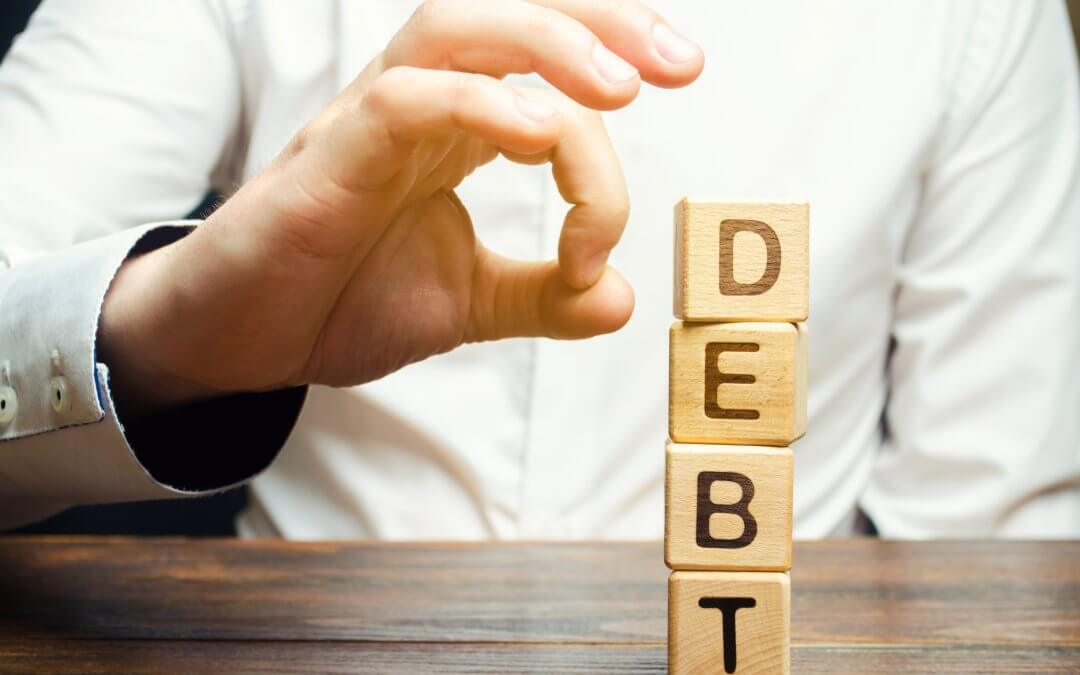As of May 4th 2021, the government launched new regulations in the form of the Debt Respite Scheme, to help people who are suffering from serious money troubles, including sole traders. This scheme is a permanent change rather than a temporary COVID 19 Measure.
How the Debt Respite Scheme works
The Debt Respite Scheme works by giving people, including sole traders with business debts, breathing space. What this means is creditors (money lenders) can’t:
- Take any action or contact the debtor about the debt during a breathing space
- Instruct someone to take action on their behalf
- All interest and other charges are frozen.
- No legal action can be taken
- Court of tribunal judgments or orders can’t be enforced (even if they were started before the breathing space was started
- Serving a notice to take possession of the debtor’s home
What is breathing space and how to apply for it?
The idea of breathing space is to give people in debt time so they can get advice and form a plan to pay off qualifying debts. There are two types of breathing space:
Standard breathing space
The standard breathing space lasts for 60 days and can only be granted once the debtor speaks to a professional debt advice provider and they deem it appropriate. It can be cancelled before the 60 days if needed.
Mental health crisis breathing space
To be able to receive a mental health crisis breathing space, the debtor doesn’t have to speak to a professional debt adviser, however, they must be receiving mental health crisis scheme as defined in point 2.2 here. The mental health crisis breathing space last as long as the mental crisis health treatment lasts, plus 30 days after the treatment ends. This can be cancelled earlier if needed.
Qualifying and Excluded debts for the Debt Respite Scheme
Most debts are qualifying debts that include a sum of money that is owed from the debtor to the creditor, even if it occurred before the 4th of May 2021. Here are some examples of qualifying debts:
- Credit cards
- Personal loans
- Overdrafts
- Joint debts
Excluded debts include new debts that occur during the breathing space are not qualified debt. Other excluded debts include:
- Secured debts like mortgages
- Fraudulent debts
- Liabilities to pay fines imposed by a court
- Student loans
- Child maintenance
For a full list of qualified and excluded debt visit point 2.6 and 2.7 here.
Breathing space for sole traders
As a sole trader, some business debts can qualify for breathing space, if they aren’t:
- Only related to the business and not the debtor personally
- The debtor is VAT registered
- The debtor is a partner in a business with someone else.
How to prevent personal debt as a sole trader
The best way to prevent getting into personal debt for business activities as a sole trader is to become a limited company. As a limited company, you and your business are separate legal entities.
So should your company take out a loan or overdraft, and you can’t pay back what’s owed. Your personal belongings and assets are safe as the debt is tied to the business entity only.
It’s not difficult becoming a limited company, especially with our easy 4 step process! Even with the rise in corporation tax in the 2021 budget in March, if your profits are under £50,000, you will still pay 19% corporation tax, saving you nearly £1400 a year in tax!
Click here to form your limited company for as little as £9.99 with us today!

